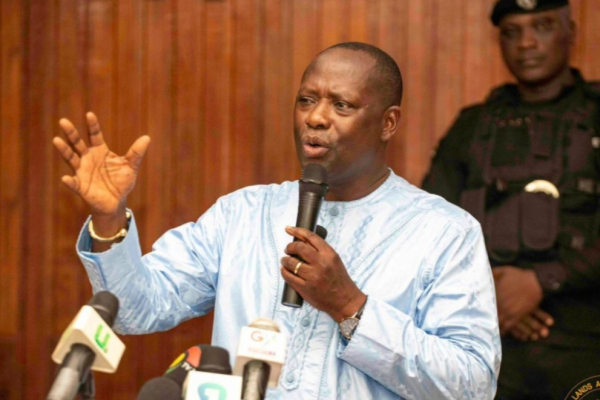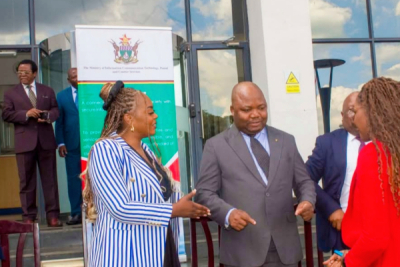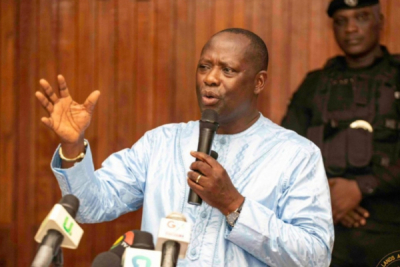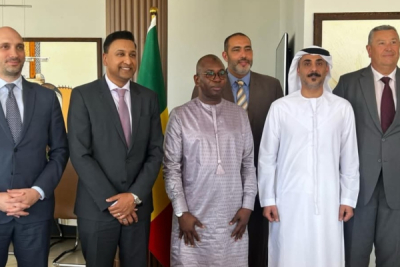Ghana is accelerating its economy-wide digital transformation. In December 2024, the government initiated a review of its education ICT policy to modernize it and address current sector challenges.
Ghana's Minister of Lands and Natural Resources, Emmanuel Armah-Kofi Buah, emphasized the necessity of digitizing land resource management for increased efficiency during an April 8 visit to the Lands Commission. The $165 million initiative seeks to overhaul a system deemed slow, complex, and vulnerable.
"With my interactions with management of the Commission earlier this morning, I was told that 90% of the Commission’s work is manual. The current system is too slow, cumbersome, and vulnerable. And I believe that digitising the system will speed up surveying and mapping processes, help in locating land quickly, reduce paperwork, and ultimately boost government revenue mobilisation efforts," Buah stated.
The Food and Agriculture Organization of the United Nations (FAO) supports this initiative, asserting that responsible digital transformation of land administration systems can yield substantial benefits. It could invigorate land markets, enhance government land-related revenue, and stimulate economic growth through innovation. It would also strengthen transparency and equity among stakeholders, thus mitigating corruption risks.
This land resource digitization aligns with the Ghanaian government's broader objective to leverage digital technologies for economic growth, public service modernization, and equitable access to digital tools. Digitalization projects are also underway in sectors like education.
However, the $165 million funding requirement poses a potential obstacle to the transformation's implementation. "The infrastructure can be largely invisible, taken for granted, or simply not understood by key decision-makers. To be sustainably maintained, LAS demand systematic, unified, and durable digital transformation plans, that align with each country’s priorities," notes the FAO's 2022 report, "Funding digital transformation of land administration."
By Isaac K. Kassouwi,
Editing by Sèna D. B. de Sodji



















